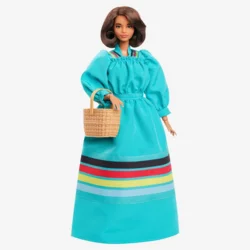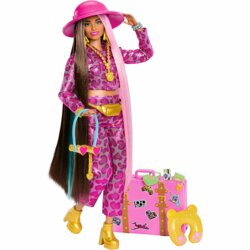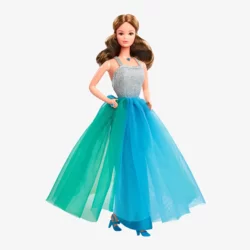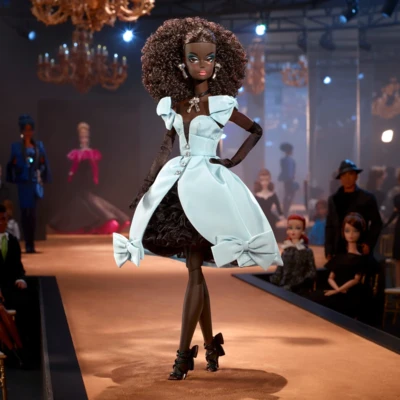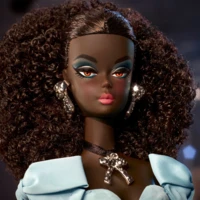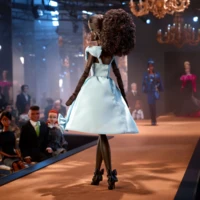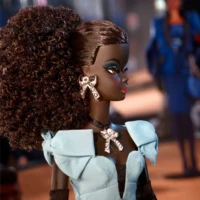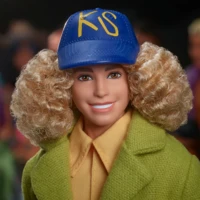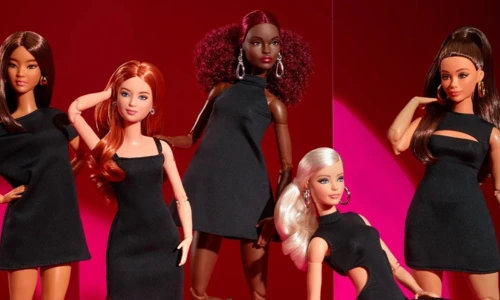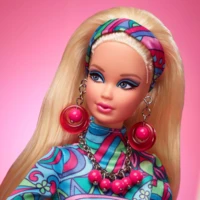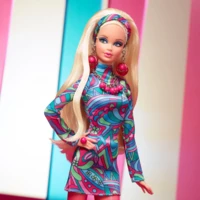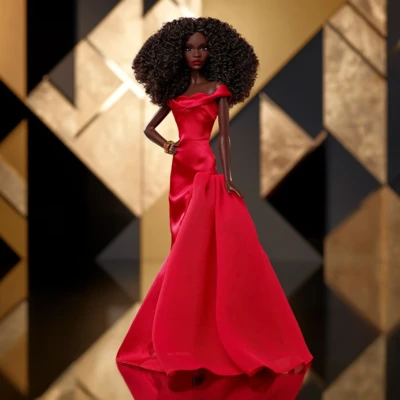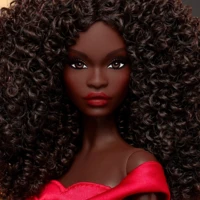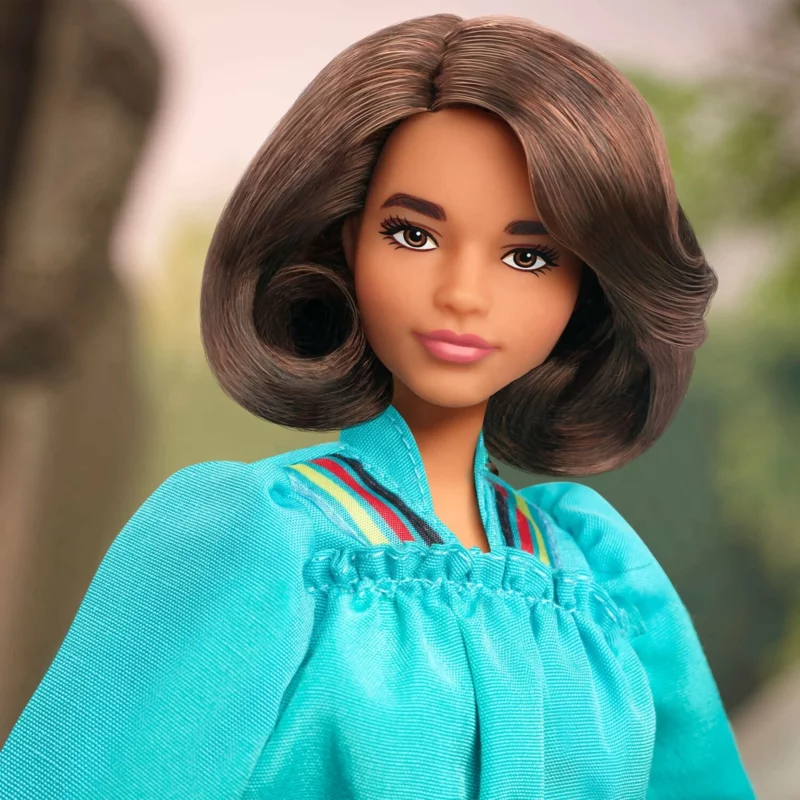
Barbie, the iconic doll that has inspired generations of young girls, is not only about fashion and glamour, but also the personification of powerful role models who have made a significant impact on society. The Barbie Inspiring Women series pays tribute to outstanding women who have broken barriers and shattered stereotypes. The latest addition to this series is a doll based on Wilma Mankiller, the first ever female Chief Chief of the Cherokee Nation and a tireless advocate for the rights of Native Americans, women and children. She was awarded the Presidential Medal of Freedom in 1998, and now her legacy is celebrated with a Barbie doll that reflects her essence and contributions. It is already possible to pre-order the doll on the official website of Mattel Creations.
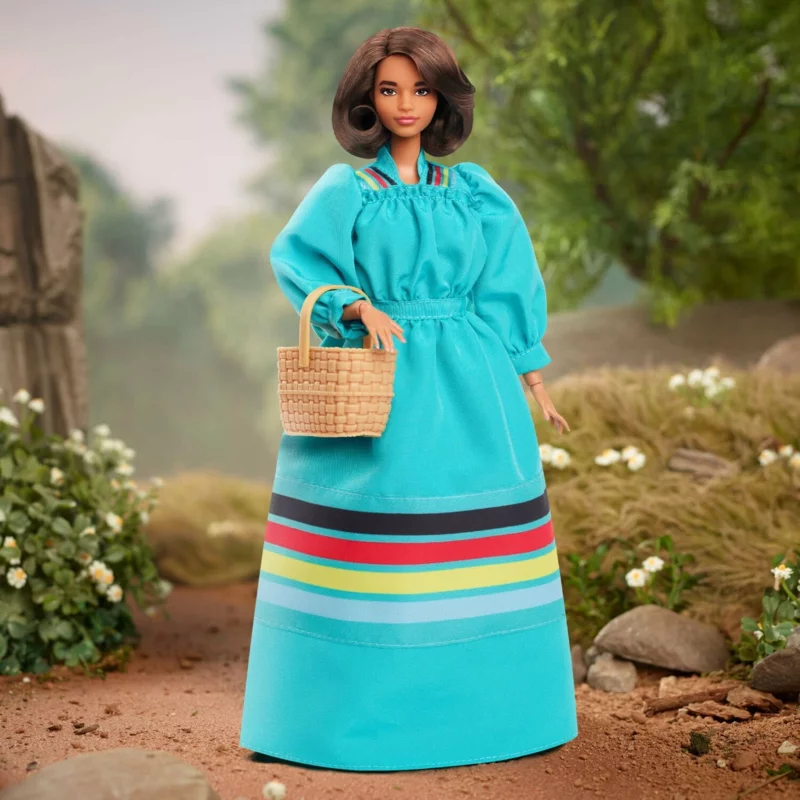
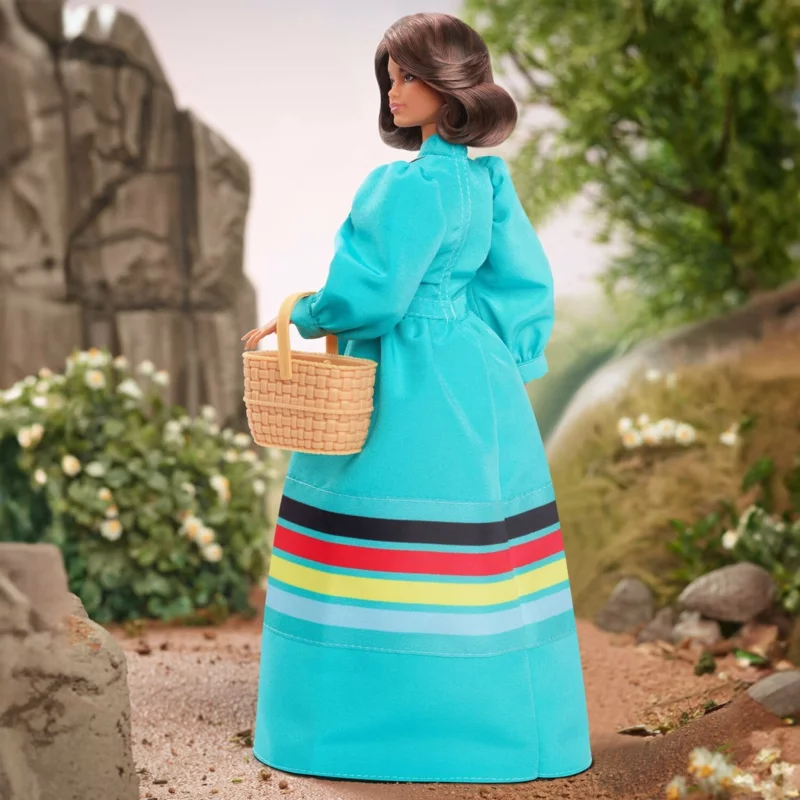
Warrior of social justice
Wilma Mankiller was a true fighter for social justice. As the first female Chief Chief of the Cherokee Nation, she left an indelible mark on the world by advocating for the rights of Native Americans, women and children. Her commitment to justice and equality was recognized not only in her community, but also nationally when she was awarded the Presidential Medal of Freedom. Wilma Mankiller's life and work are an inspiration to people of all backgrounds, and now, with the Barbie Inspiring Women series, her legacy can continue to inspire generations to come.
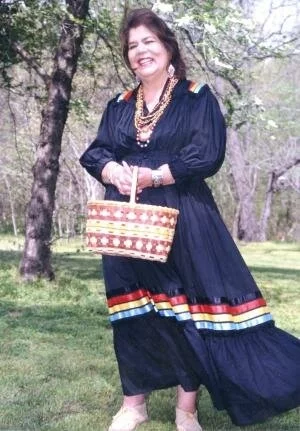
Creating a Barbie doll that accurately represents Wilma Mankiller required meticulous attention to detail. Designer Carlisle Nuera, known for his skill in creating Barbie dolls that reflect the essence of their real-life counterparts, took inspiration from the iconic photograph of Wilma to create a doll that pays a fitting tribute to this remarkable woman.
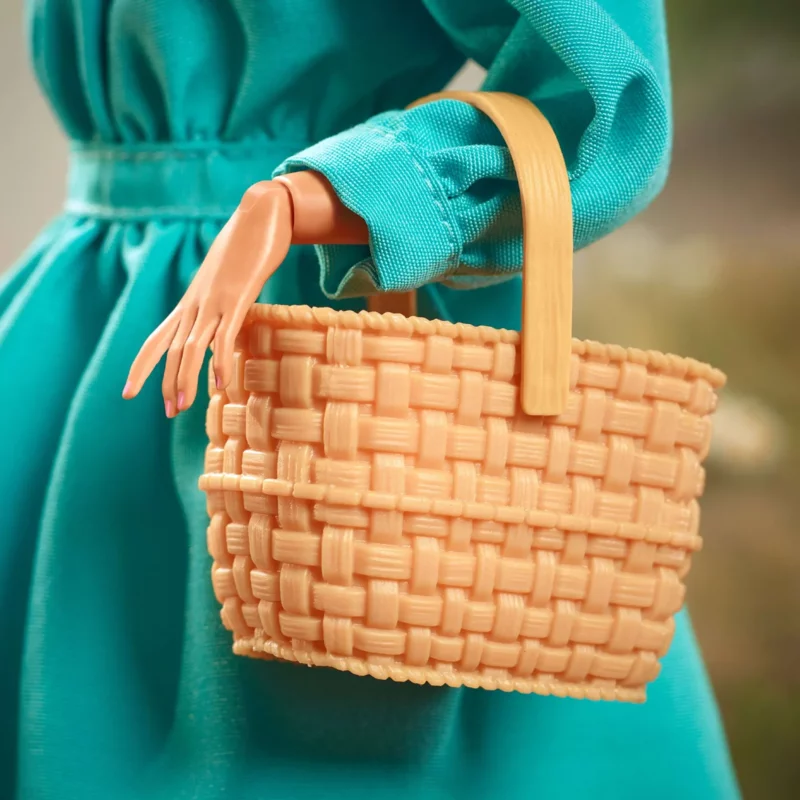
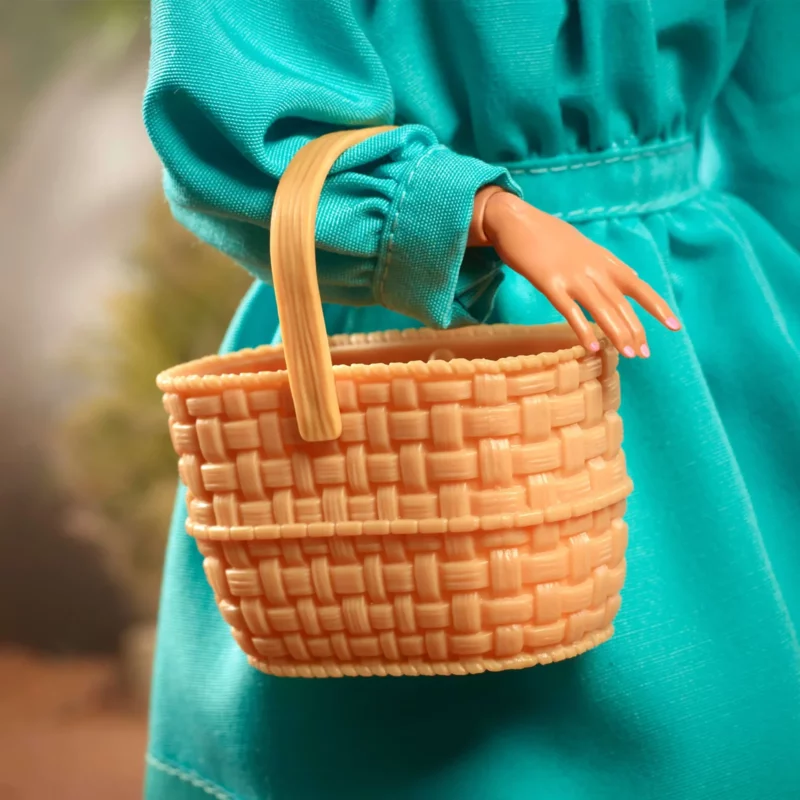
The most striking feature of the Wilma Mankiller Barbie doll is her clothes. As in the iconic photograph, the doll is dressed in a richly pigmented turquoise dress, indicating the importance of cultural traditions. Wilma Mankiller was known for her deep connection to her Cherokee heritage, and her clothing reflected her identity and devotion to her roots.
In addition, the doll carries a wicker basket, a symbol of the important role women played in traditional Cherokee society. This basket serves as a reminder of the importance of recognizing and preserving the cultural heritage of Native American communities.
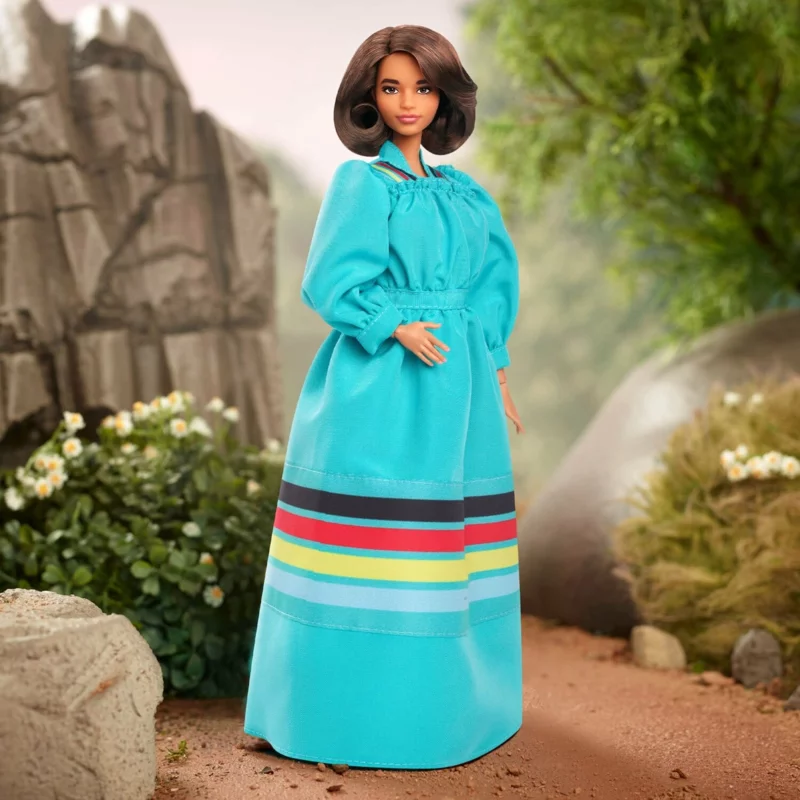
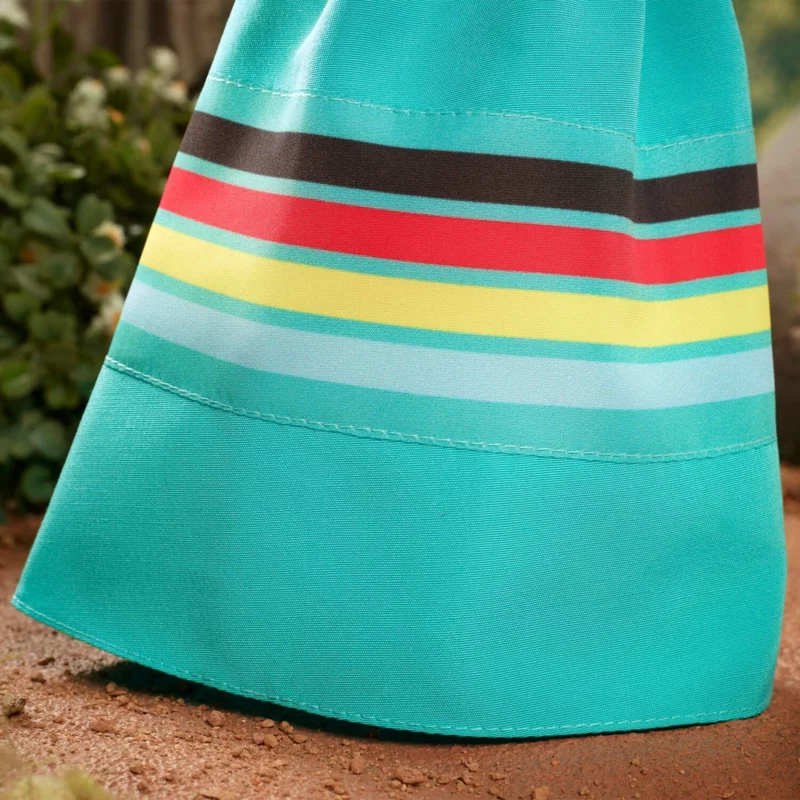
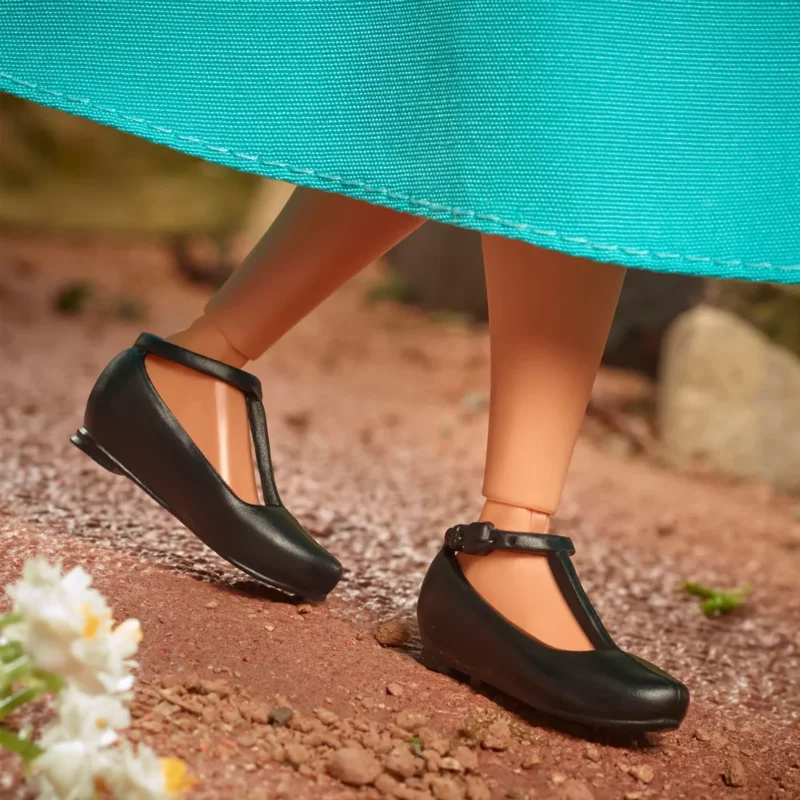
Wilma Mankiller Barbie doll's dress has a ribbon that symbolizes the four directions of the compass: north, south, east and west. These directions have deep meaning in Native American culture, symbolizing interconnectedness, balance, and harmony with nature. Wilma Mankiller's commitment to all people around the world is beautifully embodied in this symbolic detail that points to her desire for a better world and a brighter future for all.
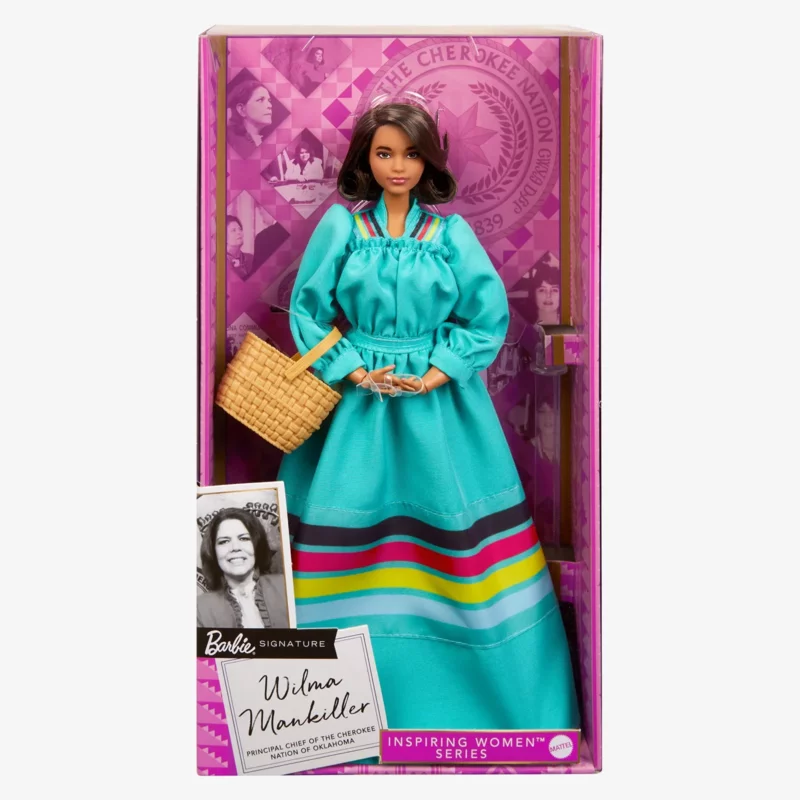
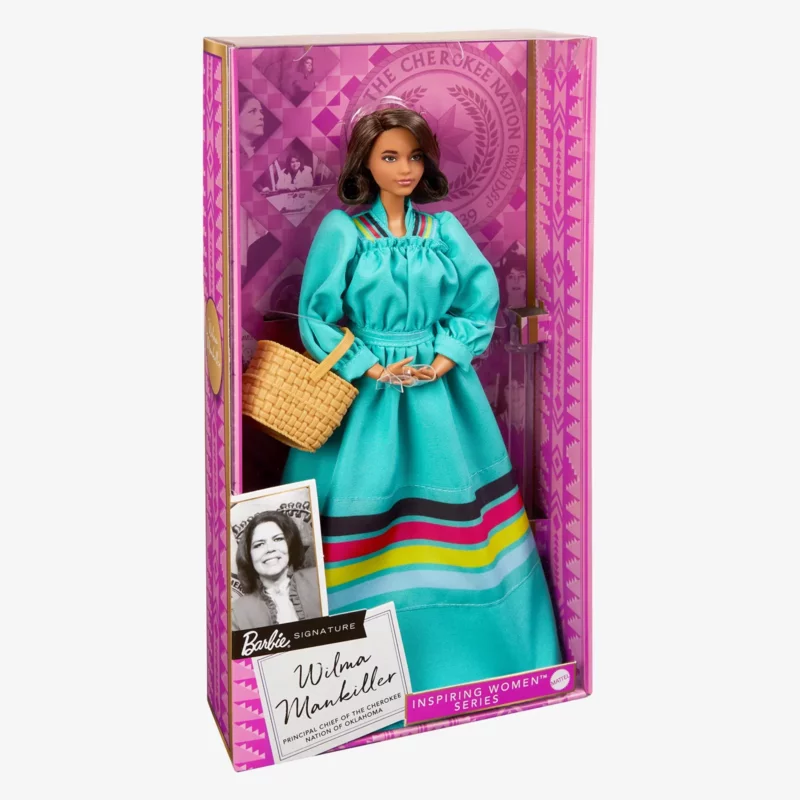

Wilma Mankiller
Wilma Mankiller, whose name accurately reflects her determination and resilience, was a remarkable woman who had a profound impact on both her Cherokee Nation and the world. To gain a fuller understanding of who Wilma Mankiller was, let's delve deeper into her life and legacy.
She was born on November 18, 1945 in Talekwa, Oklahoma, on the Cherokee reservation. She was born into the Cherokee tribe, a people with a rich cultural heritage and history that runs deep in the southeastern United States. This heritage has been instrumental in shaping her identity and her lifelong commitment to the preservation of Native American culture.
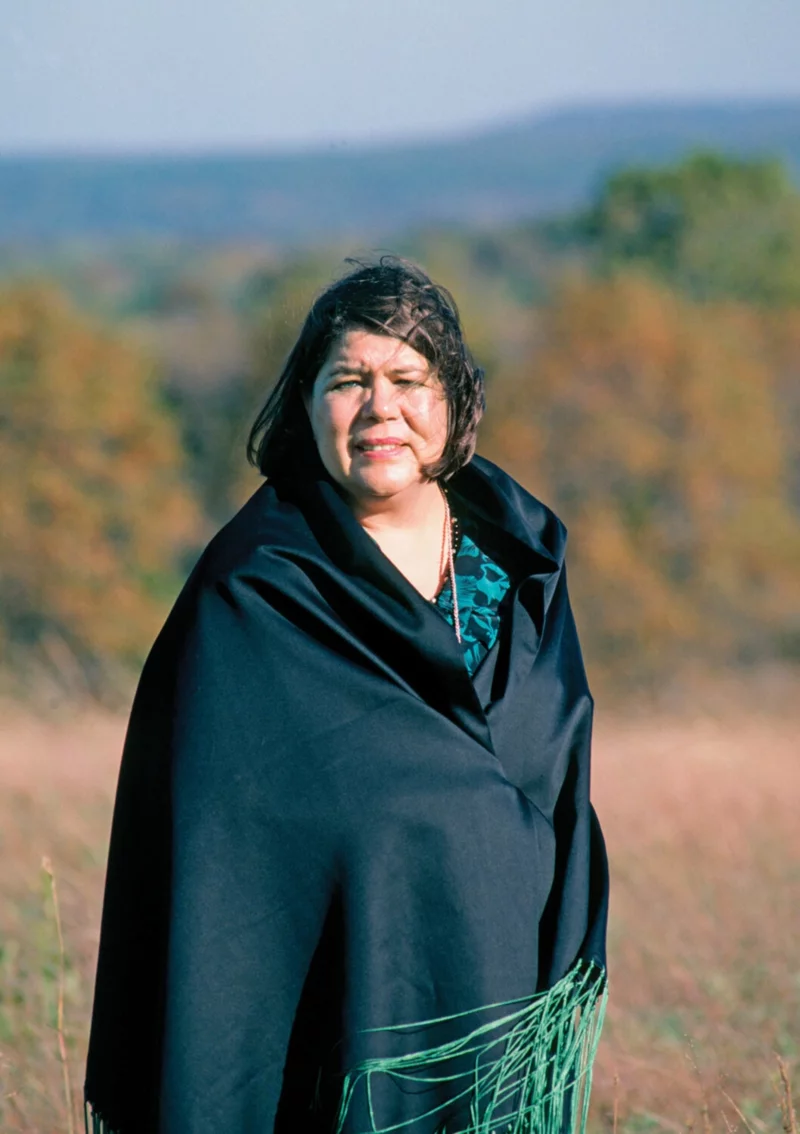
At the beginning of her life, Vilma faced many difficulties. Her family, like many Cherokee families, was relocated during a forced removal known as the Trail of Tears in the 19th century. This historical injustice left a lasting impact on the Cherokee Nation, leading Wilma to work tirelessly to address the social and economic inequality that resulted.
Despite personal difficulties, including health problems, Wilma Mankiller demonstrated incredible resilience. She overcame hardship and poverty to become an outstanding leader in her community and beyond.
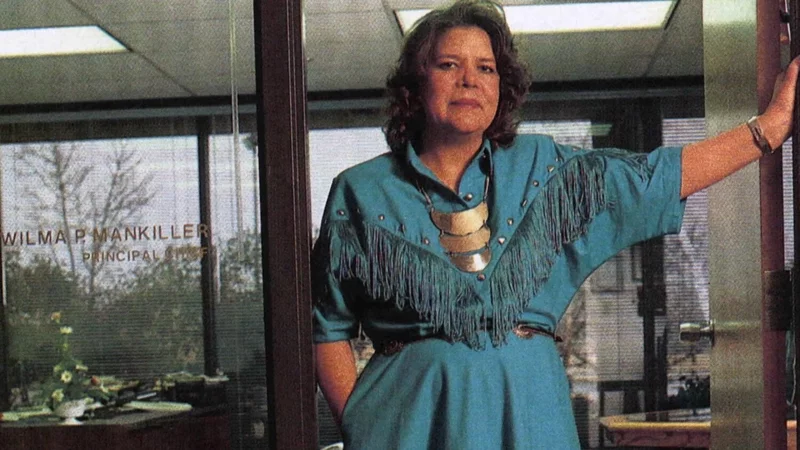
Wilma Mankiller's journey to leadership began when she joined the Cherokee Nation as a community organizer in the 1970s. She quickly climbed the career ladder and became involved in various initiatives aimed at improving the lives of the Cherokee people. Her dedication to her community led to her appointment as Deputy Chief of the Cherokee Nation in 1983, a position in which she demonstrated her commitment to social and economic development.
In 1985, she faced an unexpected turn of events when Principal Chief Ross Swimmer resigned and she took over as Principal Chief of the Cherokee Nation. It was a historic moment as she became the first female head chief in the tribe's history.

As chief executive, Wilma Mankiller prioritized a number of critical issues, including health care, education, economic development and infrastructure in the Cherokee Nation. She implemented innovative policies and initiatives to address these issues, ultimately improving the quality of life for Cherokee citizens.
Her advocacy extended beyond her own community. She was a vocal and active supporter of Native American rights, working tirelessly to bring indigenous voices to the national stage. In addition, she championed the rights of women and children, emphasizing the importance of gender equality and the well-being of the next generation.

In 1998, Wilma Mankiller was awarded the Presidential Medal of Freedom by then-President Bill Clinton in recognition of her outstanding contributions to her tribe, the Native American community, and the broader cause of social justice.
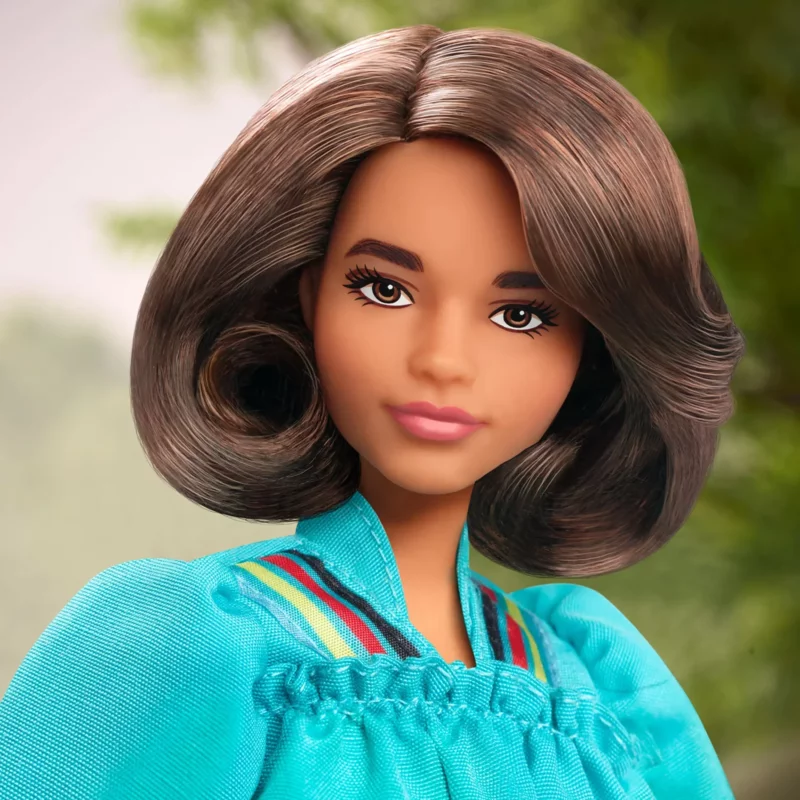
Wilma Mankiller's life journey is a testament to the power of persistence, leadership and advocacy. Her legacy as a social justice activist and her commitment to the rights of Native Americans, women and children continue to inspire people around the world. The Women Inspiring Barbie series honored her by immortalizing her story in a beautifully designed doll, reminding us all of the importance of her work and the need to advance her vision for a more equal and just society.
Dolls in catalog
You may like


